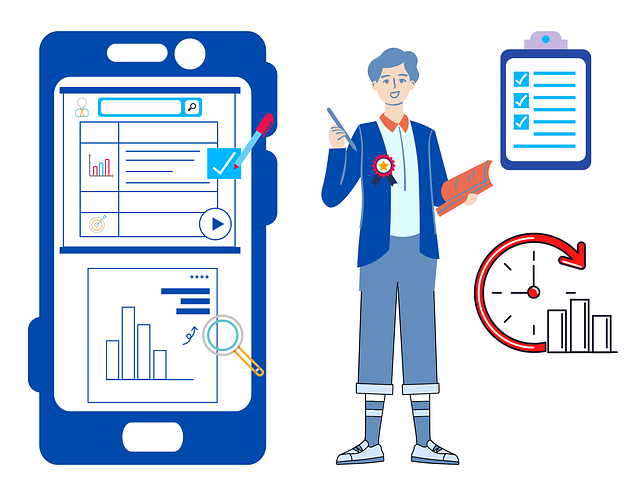AI rental regulation monitoring transforms long-term rentals with efficient compliance, rent collection, and data management. By analyzing datasets, AI identifies issues, predicts outcomes, and automates tasks like reminders and payment processing, reducing errors, improving relationships, and optimizing revenue for landlords while enhancing tenant experiences. This technology adapts to evolving laws, enables advanced analytics, and saves time/resources, shaping a more sustainable rental sector future.
“In the evolving landscape of long-term rentals, Artificial Intelligence (AI) is emerging as a game-changer. This article explores the transformative potential of AI in rental regulations and collection processes. We delve into how machine learning can streamline rent collection, predict delinquencies, and enhance tenant-landlord relationships. Furthermore, we examine the future of the industry with AI integration, focusing on improved efficiency, reduced errors, and better management of long-term rental properties. Understanding AI’s role in rental regulation monitoring is key to embracing a more sophisticated and effective rental experience.”
- Understanding AI's Role in Rental Regulation
- Streamlining Rent Collection with Machine Learning
- The Future of Long-Term Rentals: AI Integration
Understanding AI's Role in Rental Regulation

Artificial Intelligence (AI) is transforming various industries, and the rental sector is no exception. When it comes to rental regulation monitoring, AI plays a pivotal role in ensuring compliance and fairness. AI algorithms can analyze vast amounts of data related to lease agreements, rent collection, and tenant information, enabling landlords and property managers to stay updated on changing regulations. This technology assists in identifying potential issues and non-compliance, allowing for prompt action.
AI rental regulation monitoring streamlines processes by automating routine checks, reducing manual errors, and increasing efficiency. It can adapt to evolving legal requirements, providing a comprehensive solution for staying ahead of the curve. Moreover, AI offers transparency and accountability by maintaining accurate records, benefiting both landlords and tenants in the long run.
Streamlining Rent Collection with Machine Learning

The integration of Artificial Intelligence (AI) into long-term rental management offers a revolutionary approach to streamlining rent collection processes. Machine Learning algorithms can analyze vast amounts of data, including tenant histories, payment records, and market trends, to predict and optimize rent collection outcomes. This technology enables landlords and property managers to identify potential delays or defaulters early on, allowing for proactive measures to ensure timely payments.
By leveraging AI rental regulation monitoring, the entire process becomes more efficient and accurate. These systems can automatically generate reminders, send personalized communication, and even adapt payment plans based on tenant needs, all while reducing manual effort and the risk of human error. This not only enhances the landlord-tenant relationship but also contributes to a more sustainable and predictable revenue stream for property owners.
The Future of Long-Term Rentals: AI Integration

The future of long-term rentals is set to be transformed by Artificial Intelligence (AI) technologies, particularly in streamlining rent collection processes and enhancing management efficiency. AI rental regulation monitoring can play a pivotal role in this shift. Smart algorithms are capable of automating routine tasks such as tracking payment due dates, sending reminders, and processing late fees. This not only reduces the administrative burden on landlords and property managers but also improves tenant experience by offering a more seamless and responsive service.
Moreover, AI integration enables advanced data analytics for better decision-making. Predictive models can analyze rental trends, market fluctuations, and tenant behavior to optimize pricing strategies and maximize returns. In terms of regulation monitoring, AI systems can constantly update themselves on changing laws and policies, ensuring landlords stay compliant with the latest regulations. This proactive approach can prevent legal issues and save time and resources in the long run.
The integration of AI in long-term rentals, specifically through powered rent collection systems, represents a significant shift in the property management landscape. By leveraging machine learning and AI rental regulation monitoring, landlords can streamline processes, reduce manual effort, and enhance overall tenant experiences. As we look to the future, AI integration promises to transform the way we manage properties, making it an exciting time for both investors and tenants alike.
